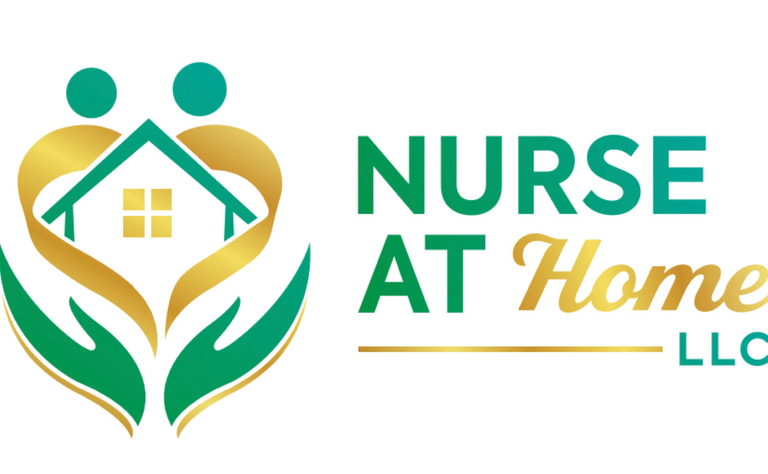The Importance of Oral Hygiene for Seniors
Oral Hygiene Tips for Seniors: Why Brushing Matters More Than Ever
7/23/20252 min read


The Link Between Oral Health and Overall Well-Being
As we age, many individuals tend to overlook the importance of oral hygiene. Common misconceptions suggest that dental care is no longer as critical as it once seemed. However, maintaining good oral health is essential for seniors, as it is intricately linked to overall health. Research has shown that poor dental hygiene can exacerbate existing health conditions such as heart disease, diabetes, and respiratory problems. Hence, regular brushing and flossing should remain a vital part of daily routines.
Daily Habits That Make a Difference
Establishing and maintaining daily oral hygiene habits can significantly enhance the quality of life for seniors. Brushing teeth twice a day with fluoride toothpaste helps to remove plaque and prevent cavities. Furthermore, it is crucial to not neglect the spaces between teeth; flossing daily contributes to the removal of food particles and plaque that a toothbrush might miss. Using mouthwash can also aid in reducing bacteria and providing freshness. These simple yet effective habits serve as the foundation for oral health.
The Consequences of Neglecting Oral Care
Neglecting oral health can lead to severe ramifications for seniors. Gum disease is one significant consequence that can arise from improper dental care; it can lead to tooth loss and has been linked to systemic health issues. Additionally, untreated dental problems may result in chronic pain and difficulty with eating, ultimately diminishing quality of life. Seniors should be aware that their oral health directly affects their ability to enjoy food and communicate comfortably, thereby influencing social interactions and emotional well-being.
Moreover, regular dental check-ups can help identify potential issues before they become serious concerns. It is advisable for seniors to consult with their dentist at least twice a year. Dental professionals provide not only cleaning but also valuable advice on maintaining good oral hygiene tailored to specific needs.
In conclusion, it’s crucial for seniors to recognize that brushing teeth and maintaining oral health should always be prioritized. Oral hygiene is not merely a routine but an essential aspect of overall health that should persist throughout one’s lifetime. Adopting proactive dental habits can pave the way for better physical health, enhanced quality of life, and prolonged independence, proving that age should never diminish the importance of oral care.
